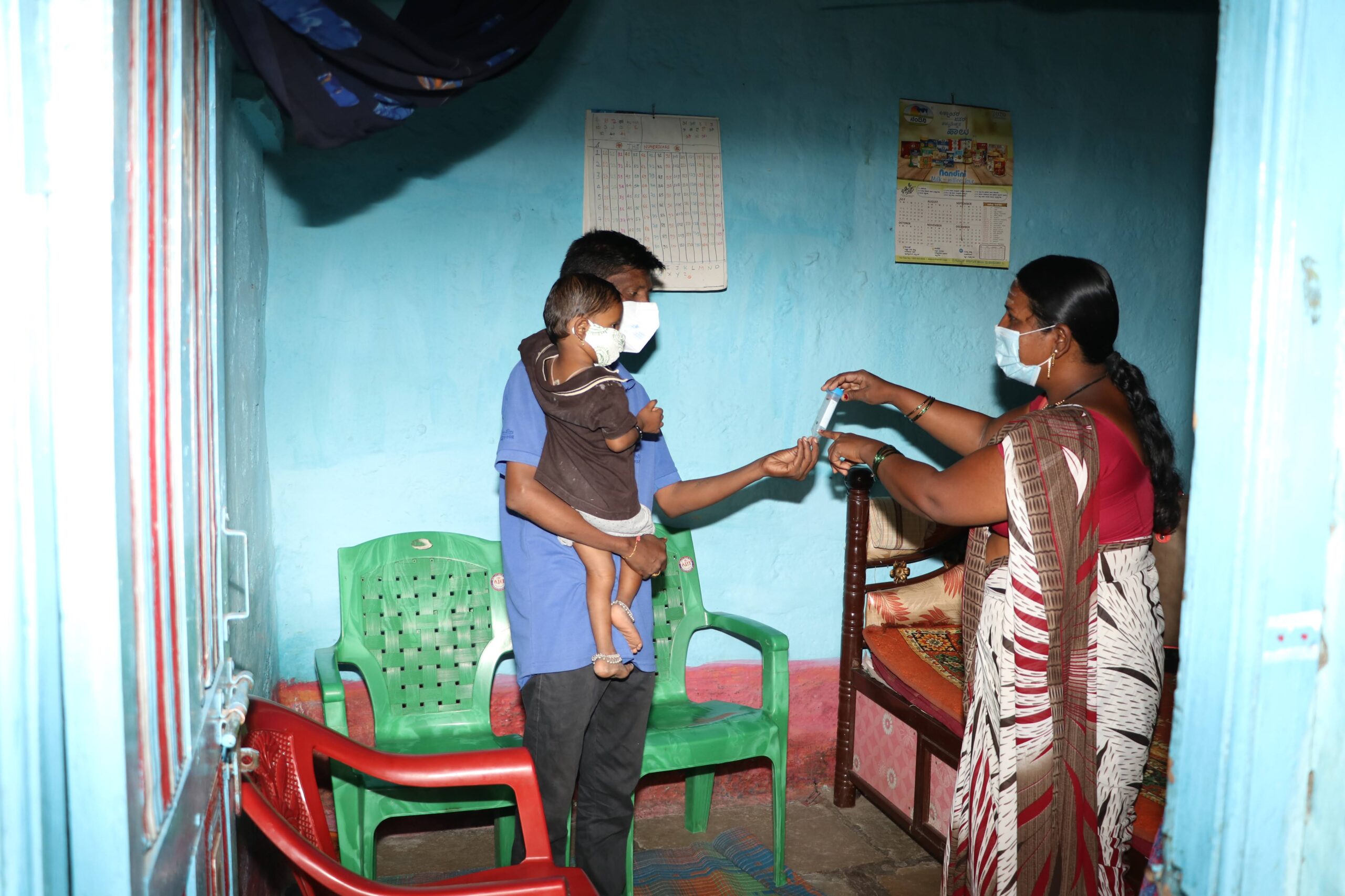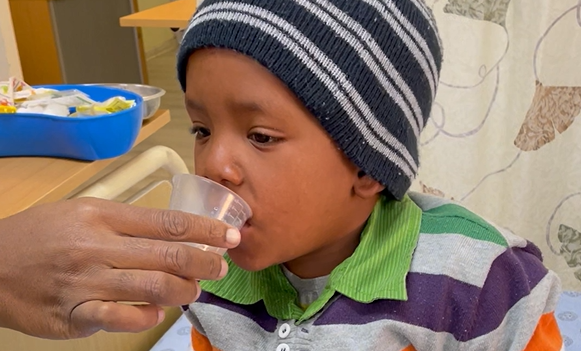The problem
Tuberculosis, despite being preventable and curable, continues to kill more people than any other infectious agent each year. Drug resistance is a growing concern, making treatment long and difficult for those affected. When the endTB project began, less than a quarter of all people with multidrug-resistant TB (MDR-TB) started treatment and of those, only about half were cured, according to the 2015 Global TB Report.
For most patients, MDR-TB treatment regimens typically lasted between 18 and 24 months and caused extreme side effects including nausea, vomiting, kidney and liver damage, permanent hearing loss and psychosis. Difficult treatments made it extremely difficult for people to continue their treatment, but without it, they would remain seriously ill and could continue to transmit the drug-resistant bacteria to others.
Our response
The endTB project made a significant contribution to advancing shorter, more effective, and less toxic treatment regimens for MDR-TB. Observational research in 17 countries proved the safety and efficacy of bedaquiline and delamanid, two new drugs for treating MDR-TB, which shaped national treatment guidelines and informed the 2022 revision of the global MDR-TB treatment recommendations from the World Health Organization.
Meanwhile, the project led a multi-country clinical trial to evaluate five new treatment regimens for MDR-TB. This trial resulted in a WHO recommendation of three new treatments using medicines that are more affordable, already registered, and available in low- and middle-income countries. This included the first-ever shorter MDR-TB treatment regimens recommended for use in young children and pregnant women.





